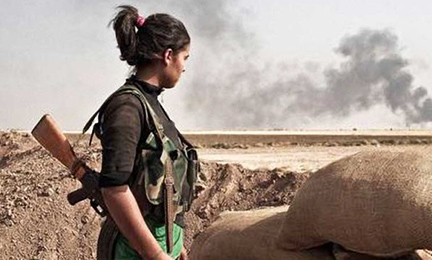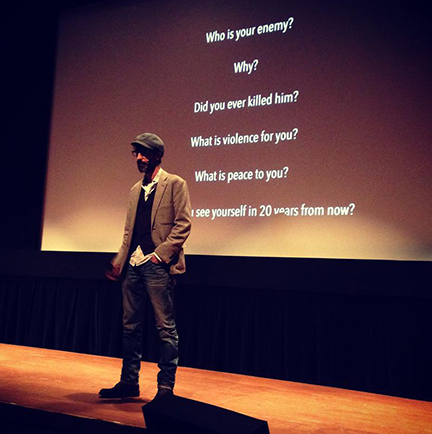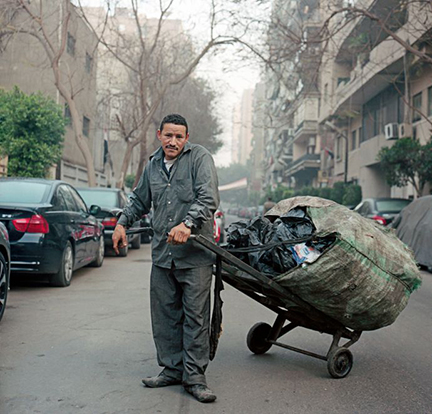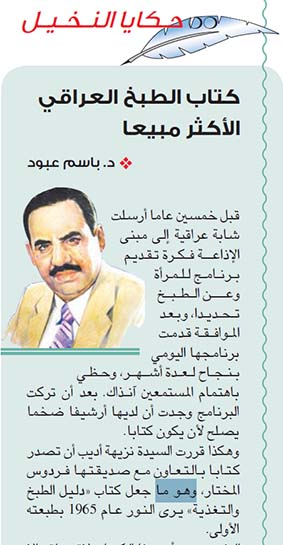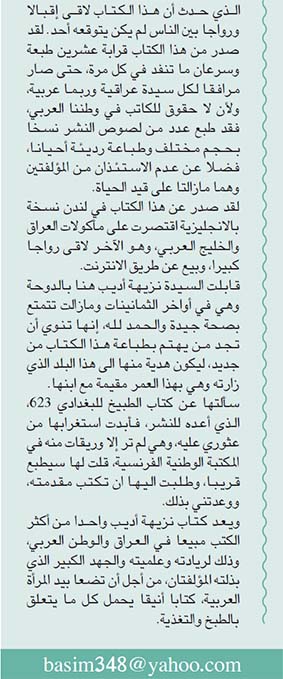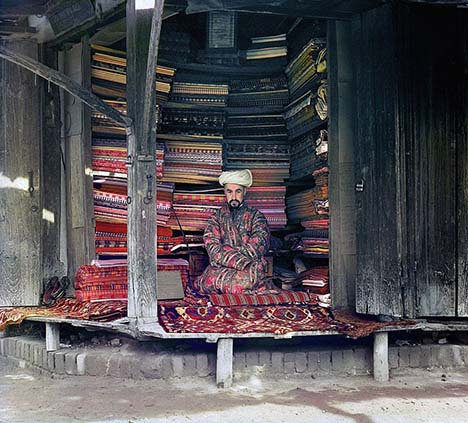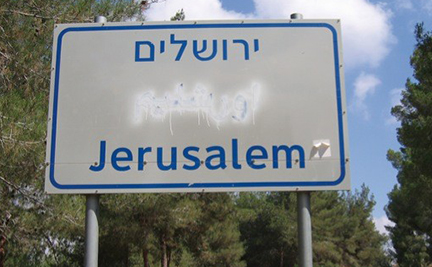
The Irony of Erasing Arabic
Making Hebrew Israel’s Only Language Ignores History
By Liora R. Halperin, Forward, October 06, 2014
In late August, a group of Knesset members from the right flank of the Likud party, Yisrael Beiteinu and the Jewish Home party proposed a bill that would make Hebrew the only official language of Israel, annulling a requirement in existence since the British Mandate period that all official documents be published in Arabic as well as in Hebrew. Similar bills to eliminate or demote the official status of Arabic were proposed in 2011 and 2008. Critics have pointed out that this bill is part of a broader effort to affirm the “Jewish†character of the state (as opposed to its democratic character) by enshrining Jewishness into Israel’s basic laws. Israeli President Reuven Rivlin, for one, has spoken out against it.
A historical perspective is worth adding to the discussion, one that highlights a contradictory Zionist view of language that has existed since the British ruled Palestine: As Zionists advocated forcefully for the very principle of national language rights, they fantasized about a society in which there would be no national competitors to Hebrew. Israel still is navigating between these two positions. Continue reading Making Palestinian Arabs invisible
